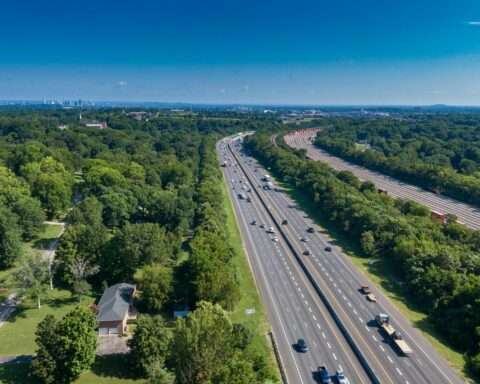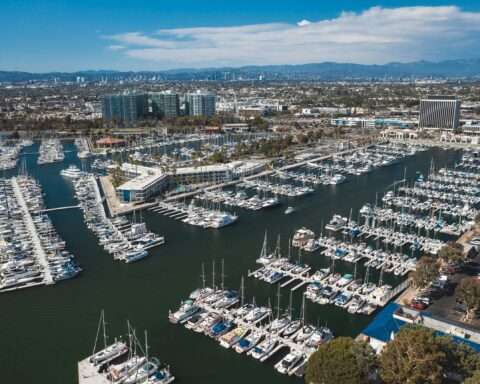A federal court handed New York a $120 million victory this week, ordering the Trump administration to release electric vehicle infrastructure funds that had been frozen since January. Attorney General Letitia James secured the preliminary injunction after challenging the U.S. Department of Transportation’s (USDOT) decision to halt National Electric Vehicle Infrastructure (NEVI) program payments across the country.
The ruling by U.S. District Judge Tana Lin in the Western District of Washington affects charging station projects throughout New York City, Hudson Valley and Long Island, while potentially opening the door for infrastructure firms in other states to pursue similar legal action. The decision comes as part of a broader legal battle over billions in congressionally approved infrastructure dollars that were suspended following an executive order targeting federal climate programs.
The NEVI program was designed as a $5 billion initiative to build charging networks along highway corridors in all 50 states, with particular attention to underserved communities and major transportation routes.
New York was originally set to receive $175 million in federal electric vehicle funding over five years, but the January directive put $120 million of that amount on hold. The state has already used $17.7 million to build 11 fast-charging stations along highways, with another 12 projects currently moving through the development process. The restored funding means those planned stations can now move forward.
The January executive order that froze NEVI dollars was part of a broader directive targeting funding from both the Infrastructure Investment and Jobs Act (IIJA), which these particular funds come from, and the Inflation Reduction Act (IRA). The administration argued the freeze was necessary to eliminate what it called unfair market distortions favoring electric vehicles and to promote consumer choice by removing regulatory barriers. Legal challenges are now playing out across multiple federal programs as states push back against what they characterize as executive overreach of congressionally appropriated funds.
James joined forces with attorneys general from 16 other states and the District of Columbia to challenge what they argued was illegal overreach by federal transportation officials. The coalition filed its lawsuit in May after the administration froze billions in infrastructure dollars that Congress had already approved and allocated to states.
The court found that the USDOT violated both federal law and congressional authority when it suspended the payments. The Government Accountability Office (GAO) separately concluded that the funding pause violated the 1974 Impoundment Control Act, a law designed to prevent presidents from blocking money that Congress has appropriated.
New York and other successful plaintiff states can now resume their procurement processes for electric vehicle infrastructure projects that had been on hold since January. Meanwhile, similar legal challenges over federal infrastructure funding are working their way through courts in other jurisdictions as states contest funding freezes that have affected billions in congressionally approved dollars.
Image by Paul Brennan from Pixabay













